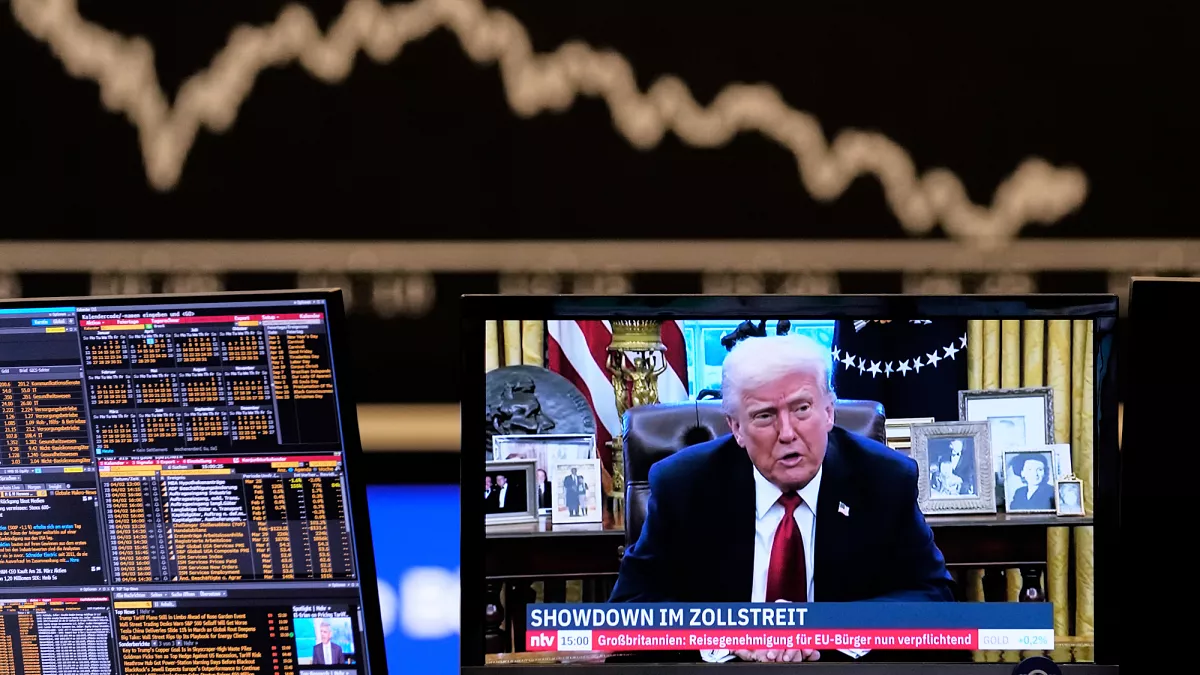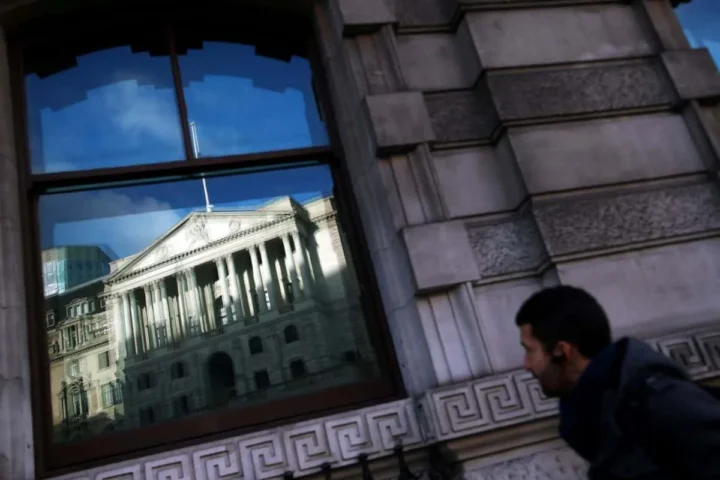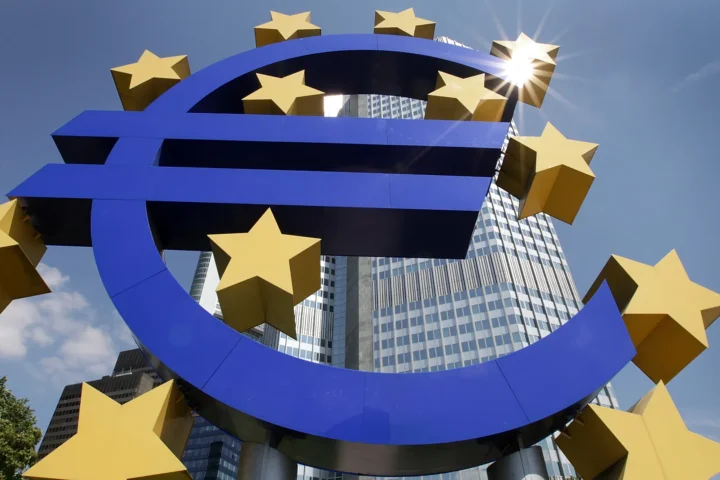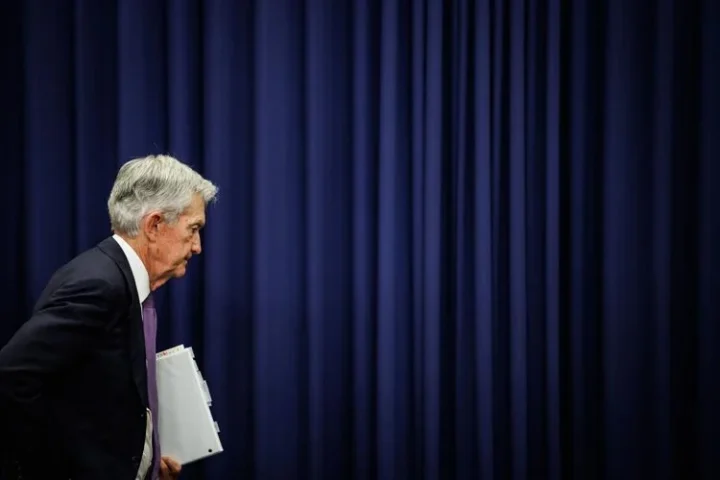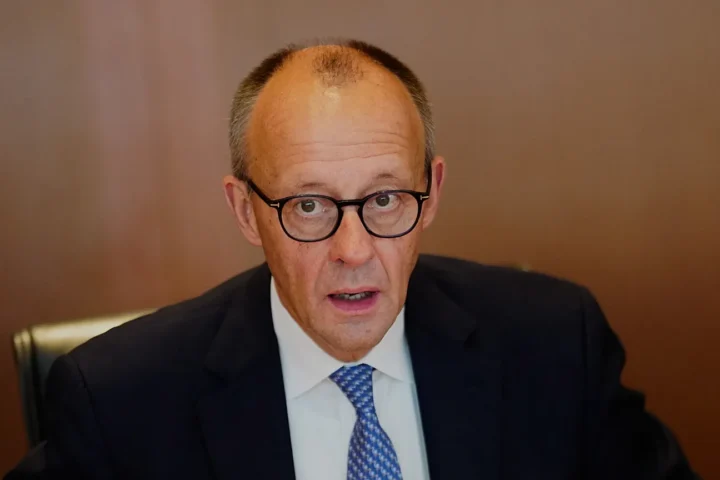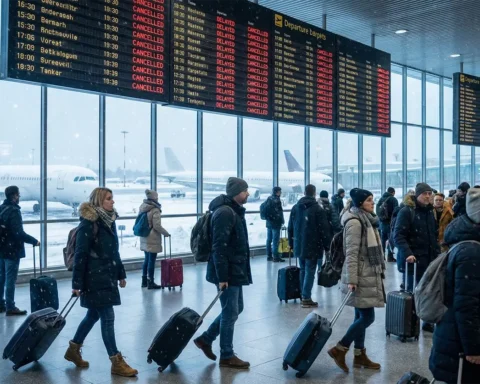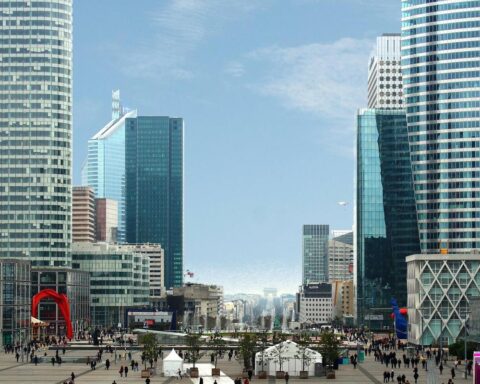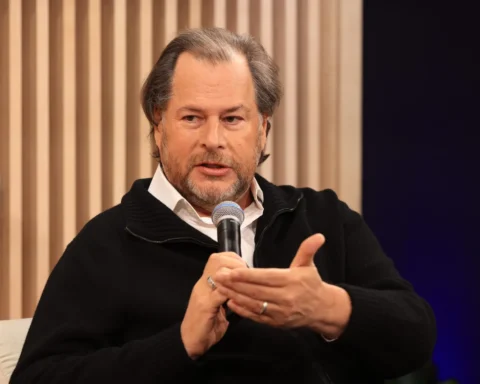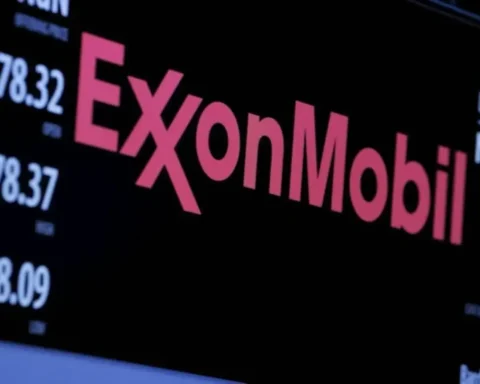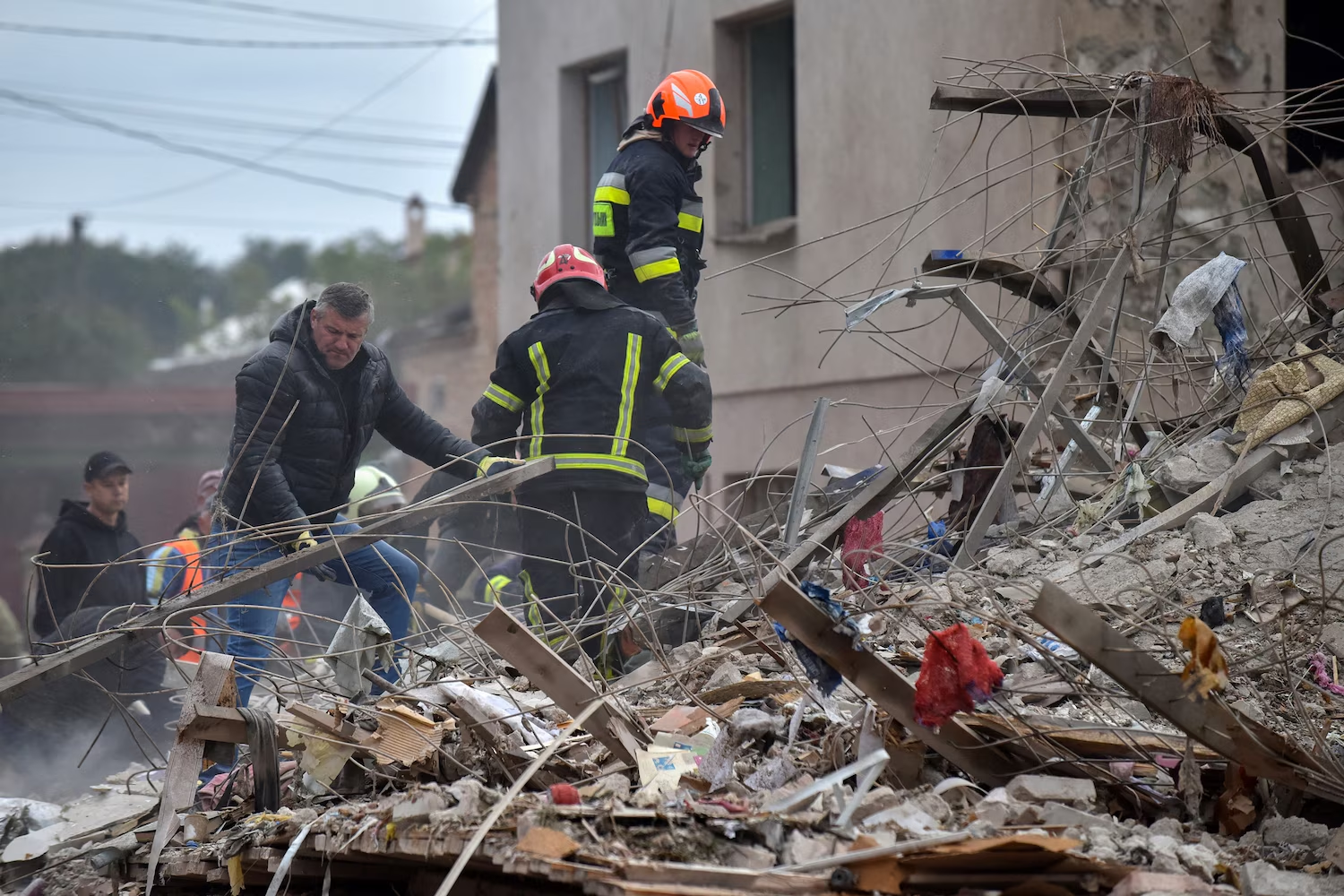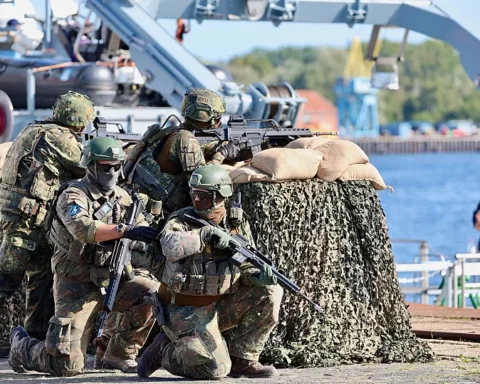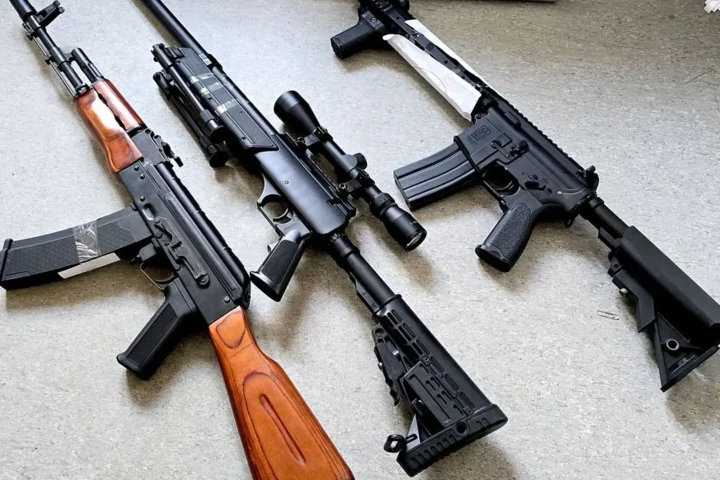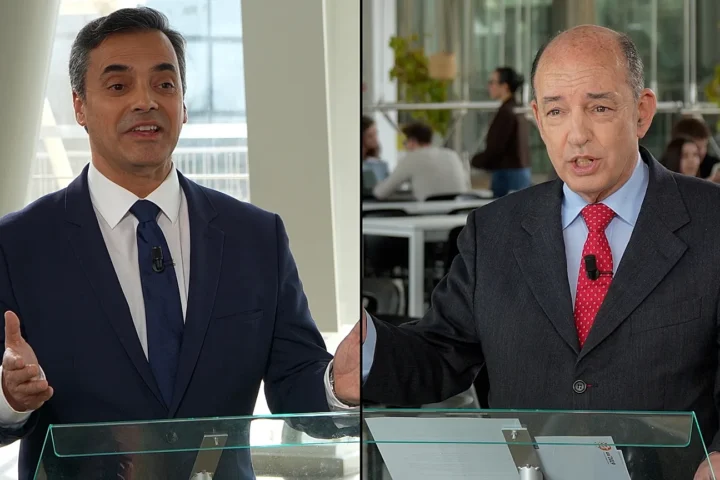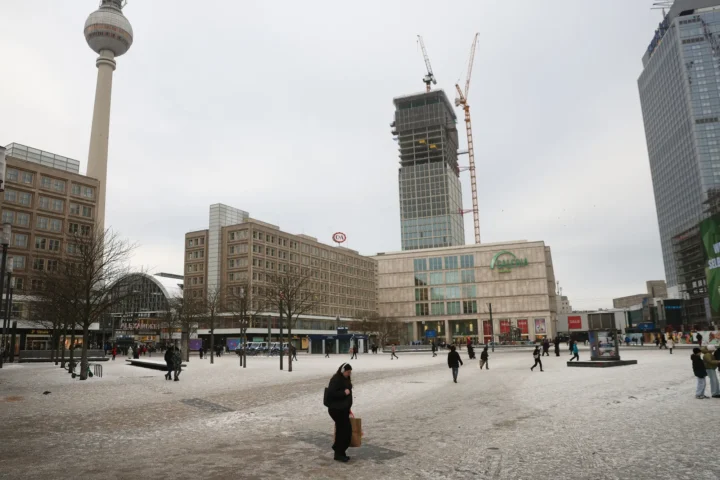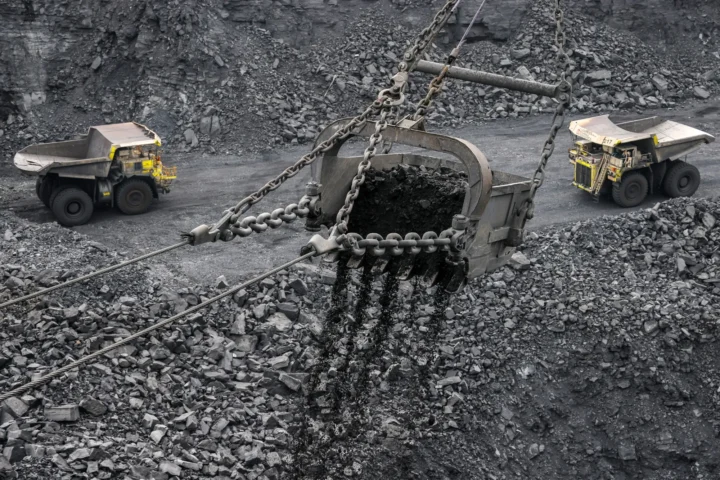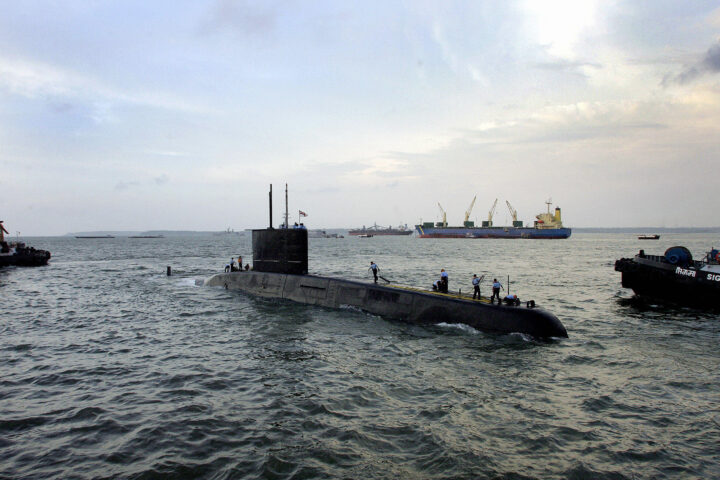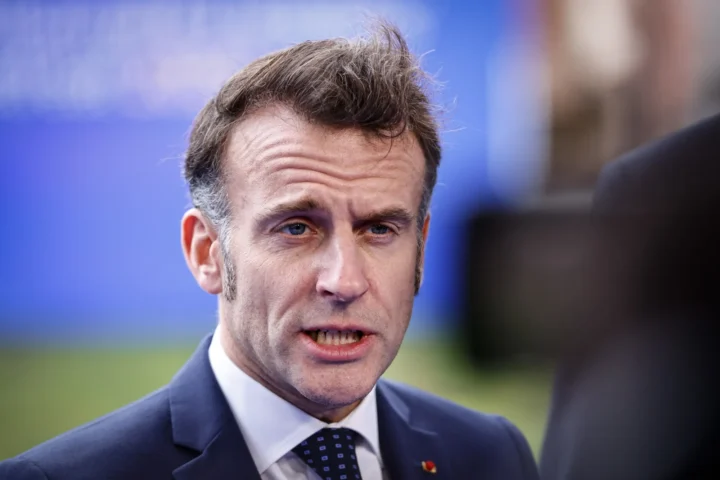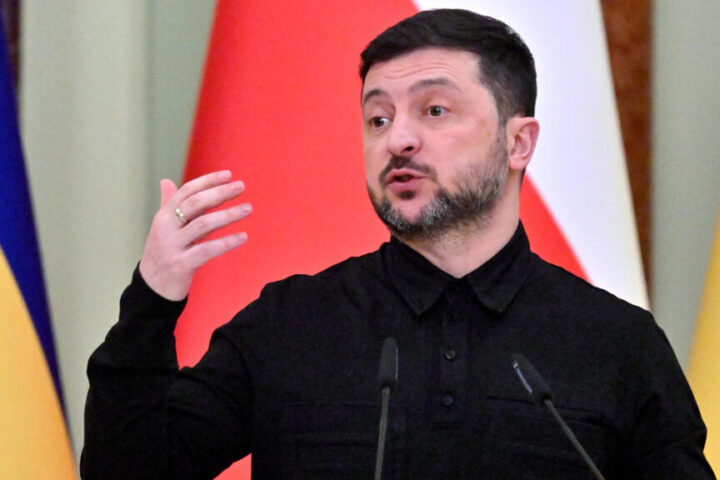European stocks tumbled to their lowest point in over a year on Monday, as growing global trade tensions sent shockwaves through financial markets. Investors across the region were spooked by escalating tariff threats and widespread uncertainty surrounding international trade policy.
The Stoxx 600 — Europe’s benchmark index — closed down 4.54%, finishing at 473.82 points, a level not seen since January 2024. Losses were broad-based, with France’s CAC 40 dropping 4.8%, Germany’s DAX falling 4.26%, and the U.K.’s FTSE 100 sliding 4.4%.
The sell-off marked the fourth consecutive day of declines for European equities, reflecting a deepening anxiety over shifting trade dynamics. A flurry of rumors about a possible delay in new tariffs temporarily lifted markets midday, but optimism faded after officials dismissed the speculation.
Late in the European session, further volatility was triggered by renewed threats of additional tariffs, sending stocks deeper into the red. Sectors that bore the brunt of the downturn included utilities, retail, insurance, oil and gas, financial services, and chemicals — each losing more than 5% on the day.
Last week alone, the Stoxx 600 posted a staggering 8.4% drop, its worst weekly performance in five years, and one of its steepest since the early days of the Covid-19 pandemic in 2020.
The broader market turbulence was catalyzed by sweeping new tariff measures targeting key global trading partners. With rising import duties and retaliatory responses from major economies, fears of a full-scale trade war have intensified. Several Asian economies have been hit particularly hard, with fresh tariffs imposed on goods from China, Vietnam, Cambodia, and Sri Lanka — many of which are crucial to global supply chains.
Despite mounting pressure from financial markets, trade policymakers appear steadfast in their positions. Investors are now watching closely to see whether further negotiations can ease tensions or whether additional rounds of tariffs will deepen the current market downturn.
For now, European investors are bracing for continued volatility as global trade uncertainty shows no signs of slowing.
